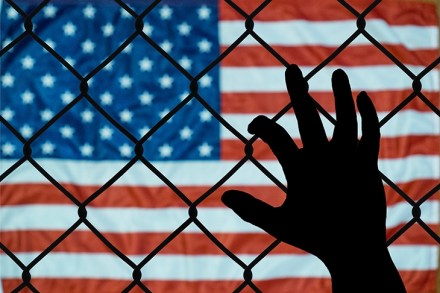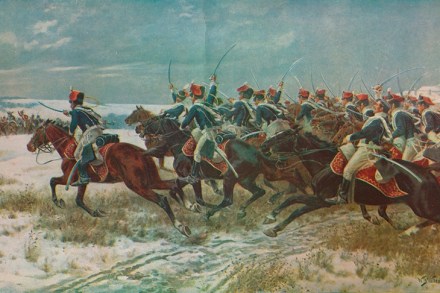Everyone’s a victim
From the very first pages of Among the Lost, we’re engaged, and compromised. Estela and Epitafio are our main anchors, their experiences and relationship driving the story’s developments, but these magnetic central characters are people-traffickers and kidnappers, capable of startling violence and dehumanising cruelty. And truly, they’re very much in love. For most of the novel, Estela and Epitafio are apart, having left the jungle clearing where the book opens to drive their respective consignments of human cargo to their destinations. Theirs is a single story — what happens to one has consequences for the other — told along parallel tracks. Much time is spent fretting about getting a signal




















